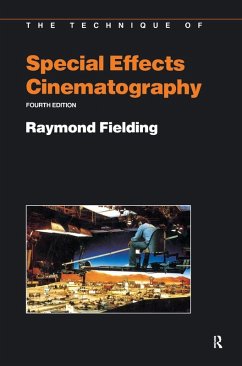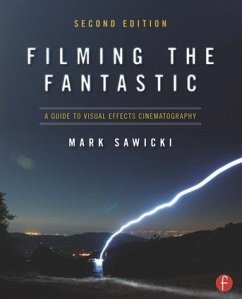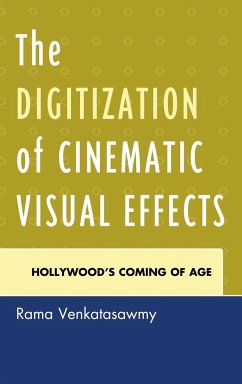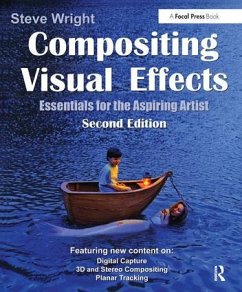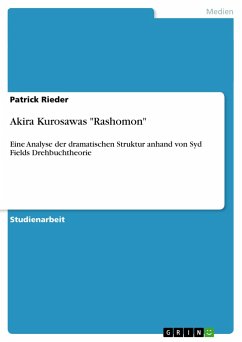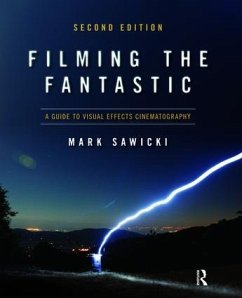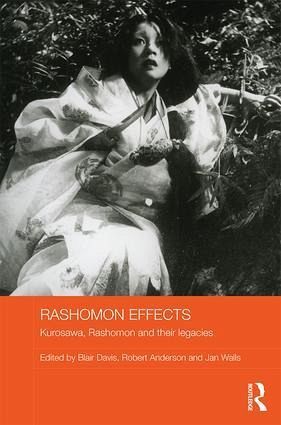
Rashomon Effects
Kurosawa, Rashomon and their legacies
Herausgeber: Davis, Blair; Walls, Jan; Anderson, Robert
Versandkostenfrei!
Versandfertig in 1-2 Wochen
177,99 €
inkl. MwSt.

PAYBACK Punkte
89 °P sammeln!
Akira Kurosawa's 1950 film Rashomon has arguably become the best known Japanese film of all time. This book addresses issues beyond the realm of Rashomon within film studies, and the Rashomon effect, which itself has become a widely recognized English term referring to significantly different perspectives of different eyewitnesses to the same dramatic event. The chapters address both the continuing and vibrant influence of Rashomon effects into the twenty-first century, as well as the director's manifold legacies to cinema, its global audiences and beyond, and will be welcomed by those interes...
Akira Kurosawa's 1950 film Rashomon has arguably become the best known Japanese film of all time. This book addresses issues beyond the realm of Rashomon within film studies, and the Rashomon effect, which itself has become a widely recognized English term referring to significantly different perspectives of different eyewitnesses to the same dramatic event. The chapters address both the continuing and vibrant influence of Rashomon effects into the twenty-first century, as well as the director's manifold legacies to cinema, its global audiences and beyond, and will be welcomed by those interested in Japanese studies, film studies and world cinema.





